Important Details
Tour fitness level
This tour is designed to be accessible to travelers of all fitness levels and is not physically challenging. While there will be some walking in the medinas and central squares of towns, where driving is forbidden, these walks are generally short and not for too long.
There will be frequent stops for rest and comfort throughout the day.
Although there are some steep inclines and steps, they are manageable, and the tour is suitable for all age groups with a low to average fitness level. Guests should be able to get on and off the bus independently.
Air Travel
Royal Air Maroc offers a daily direct flight from New York (JFK) to Casablanca (CMN), lasting 7 hours. It’s an affordable and convenient option for US travelers heading to Morocco.
American Airlines, Delta, Lufthansa, Air France and other airlines offer direct or connecting flights from other cities in the US as well.
Visa & entry requirements
U.S. tourists visiting Morocco for up to 90 days do not need a visa. Your passport must be valid for at least six months beyond your planned departure.
Upon arrival, you’ll go through immigration and customs
Safety and security
Morocco is generally safe for U.S. tourists, with most visits being trouble-free. However, like any destination, it’s important to stay aware of your surroundings, especially in crowded areas.
Tour leader / Tourist guide
Your tour will be led by certified, highly qualified guides with both local and international credentials, and over 13 years of experience in the field. They are dedicated to ensuring that your tour runs smoothly and will provide comprehensive and entertaining commentary throughout the journey.
With a deep knowledge of the region’s history, culture, and landmarks, they will enrich your experience with fascinating insights.
In addition to guiding the tour, your tour leader will assist you with any needs or special requests, offering personalized service and 24/7 (in person, via call or message) availability to ensure a seamless experience from start to finish.
Whether you need assistance with arrangements, simply have a question, or if you are facing any problem, your tour leader will be there to ensure you feel supported throughout your entire trip.
Although this is a group tour, we ensure an individual approach for each guest, with small groups of up to 20 people for a more personalized experience.
Transportation
Transportation during the tour will be arranged with a comfortable 50-seat coach, equipped with heating or air conditioning to ensure the right temperature for your comfort.
The coach will also provide Wi-Fi and unlimited water bottles throughout the journey. An experienced driver will be at the wheel, ensuring a smooth and safe ride.
For airport and hotel transfers, separate, very comfortable cars will be arranged for different guests, offering a more personalized experience.
This allows for a seamless and enjoyable journey from the moment you arrive until the end of your trip.
Currency
In Morocco, the official currency is the Moroccan Dirham (MAD). U.S. tourists can exchange dollars for dirhams at banks, exchange offices, or airports.
Credit and debit cards are widely accepted in major cities, especially in hotels, restaurants, and larger shops. However, smaller businesses and markets may only accept cash. ATMs are available in most towns and cities, but it’s advisable to carry cash when traveling to rural areas. Tipping is customary in Morocco, typically around 10- 15% in restaurants and small amounts for service providers.
Be aware that Moroccan law prohibits the import and export of dirhams, so you’ll need to exchange your currency before leaving.
Water
In Morocco tap water is not for drinking, especially for U.S. tourists. It may contain bacteria or minerals that could upset your stomach. It’s advisable to drink bottled water, which is widely available. In hotels, tap water is safe for brushing your teeth.
There will be water on the bus, in your rooms and during the meals.
Dress Code
In Morocco, modest dress is recommended, especially in rural areas and religious sites. While Morocco is generally tolerant of Western clothing, it’s respectful to avoid revealing outfits, particularly for women.
In cities, light, comfortable clothing is fine, but it’s a good idea to cover shoulders and knees. When visiting mosques or other religious sites, dress conservatively and remove shoes before entering.
Women should pack a scarf to cover their heads when visiting certain sites.
Accommodation
Throughout the trip, you will enjoy the luxury and comfort of 4 and 5 star accommodations, offering the highest standards of service and facilities. These premium hotels are carefully selected to ensure a superior experience, featuring spacious and elegantly furnished rooms with air conditioning, heating, and top-quality amenities.
You’ll find everything you need for a relaxing stay, including toiletries, tea/coffee-making facilities, and flat-screen TVs. In addition, you can enjoy delicious breakfasts to start your day, with a range of local and international options. For your convenience, all hotels offer porterage services, free Wi-Fi, hairdryers, ironing facilities, and 24-hour front desk assistance.
Meals
The tour includes all the meals. There will be 9 breakfasts, which will be served buffet-style at the hotels, offering a wide variety of options to start your day. 8 lunches and 9 dinners are also included, with meals provided at high-quality local restaurants / local dining houses (for local experience), where you’ll have the opportunity to experience authentic regional cuisine.
Each meal will consist of starters, cold dishes, a main course with a side dish, and dessert, accompanied by tea and coffee. Special dietary requirements will be carefully considered, and customized meal options will be provided whenever possible to meet any specific needs.
Climate
Morocco has a diverse climate, with coastal areas enjoying a mild Mediterranean climate, while the interior experiences a more arid, desert-like climate. Summer temperatures in cities like Marrakech and Fes can soar above 90°F (32°C), while coastal cities like Casablanca stay cooler.
The Atlas Mountains are cooler year-round, with snow in winter. Spring and fall are ideal times to visit, with pleasant temperatures, while winter can be chilly, especially at higher elevations. It’s a good idea to pack layers, as temperatures can vary widely throughout the day.
Time zone
Morocco operates on Western European Time (WET), which is UTC +0 during standard time.
However, during daylight saving time, the country shifts to Western European Summer Time (WEST), UTC +1, typically from late March to late October.
Morocco does not observe daylight saving time during the month of Ramadan.
Power plugs
In Morocco, the standard voltage is 220V, and the frequency is 50Hz.
The power plugs used are of type C and E. Type C plugs have two round pins, while type E plugs have two round pins with a hole for the grounding pin. U.S. travelers will need a plug adapter to use their devices, as well as a voltage converter if their devices are not compatible with 220V.
It’s a good idea to check your device’s voltage rating before traveling to avoid any issues.
Medical Assistance
Please contact your tour leader immediately, regardless of the hour, if you have any health issues. The tour leader will provide first aid if necessary or arrange a visit to a pharmacy or hospital.
As you may not be accustomed to local food and water, it is recommended to bring or take medications that help prevent gastrointestinal disorders, especially if you have a sensitive stomach.
Travel insurance covering medical emergencies, including evacuation, is highly recommended, as some remote areas may have limited access to healthcare.
Insurance
For U.S. travelers joining a tour to Morocco, it is strongly recommended to have comprehensive travel insurance that covers medical emergencies, trip cancellations, lost baggage, and other potential travel disruptions.
While travel insurance is not mandatory to join the tour, it is essential for your peace of mind and safety during the trip. Insurance should include coverage for medical treatment, emergency evacuation, and repatriation, since access to medical care may be restricted in some rural regions. We advise you to carefully review your policy to ensure it meets the specific needs of your journey.
Having proper insurance will ensure you are well- protected in case of any unforeseen circumstances.
Important documents to carry with you
Important Documents to carry for Traveling to Morocco:
- Passport (valid for at least 6 months beyond your planned departure date)
- Copy of your passport (stored separately for safety)
- Travel insurance (printed copy)
- Doctor’s note or prescriptions (if carrying prescribed medication)
- Printed copy of flight details
- Tour booking confirmation received by email with contact information of your tour leader and emergency contacts
Don’t forget to pack:
- Sunscreen
- Hat
- Sunglasses
- Comfortable shoes
- Layered clothing
- Raincoat or umbrella
- Power plug adapters
- Prescription medications (if any)
- Insect repellent (just in case)
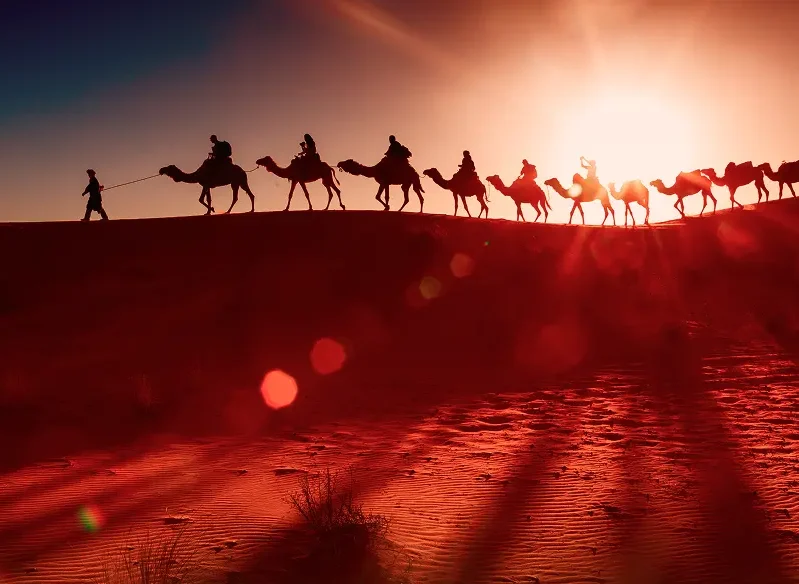
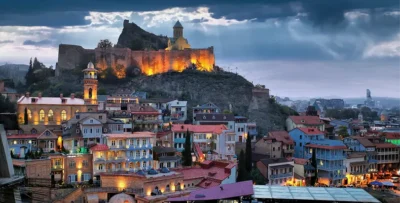
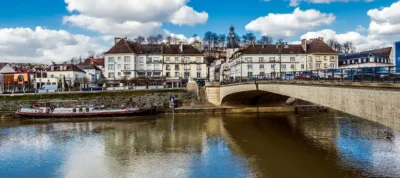
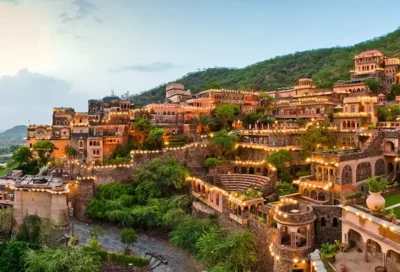
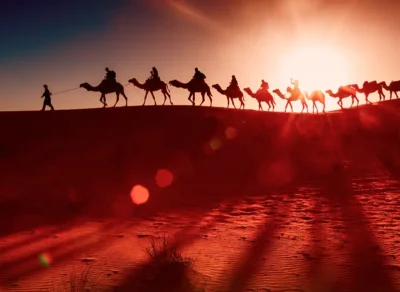
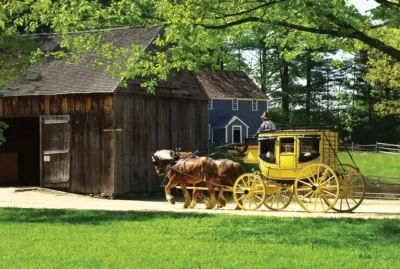



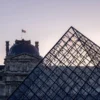

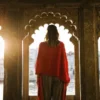
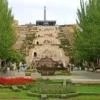
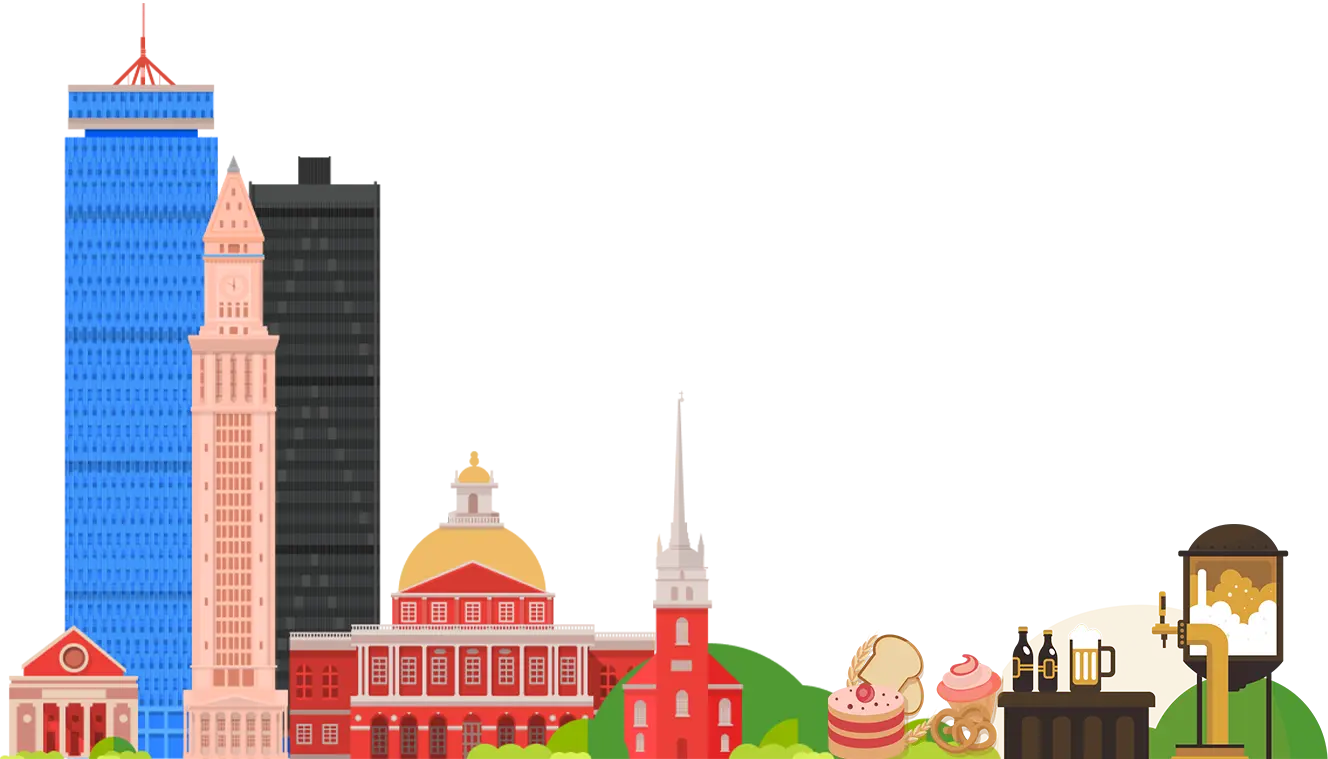
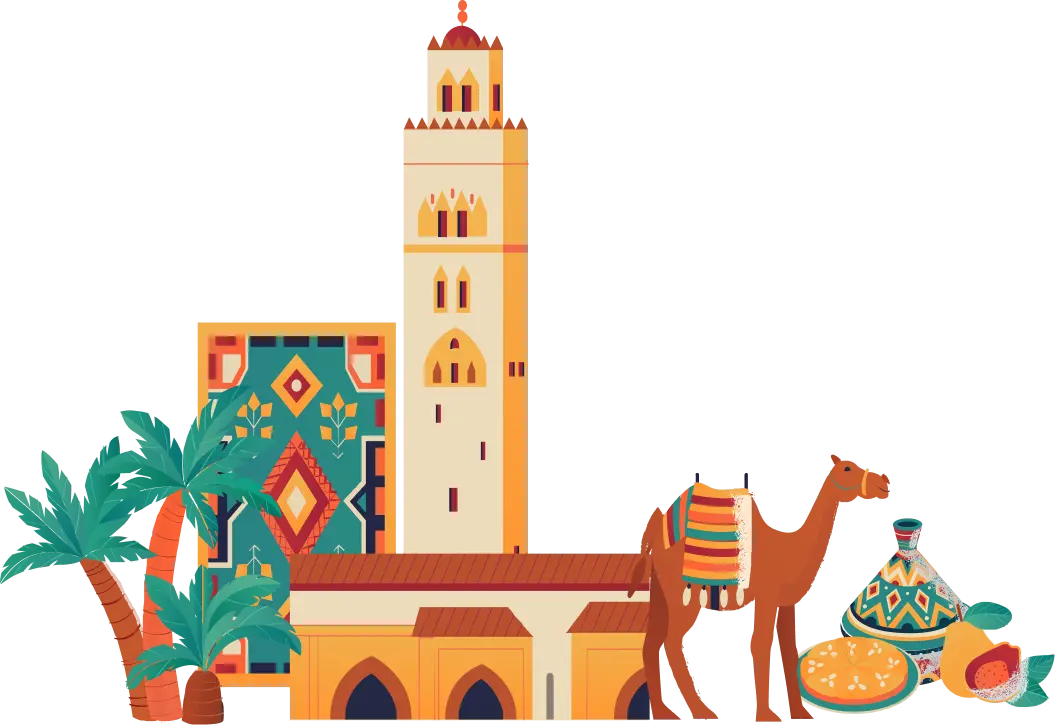
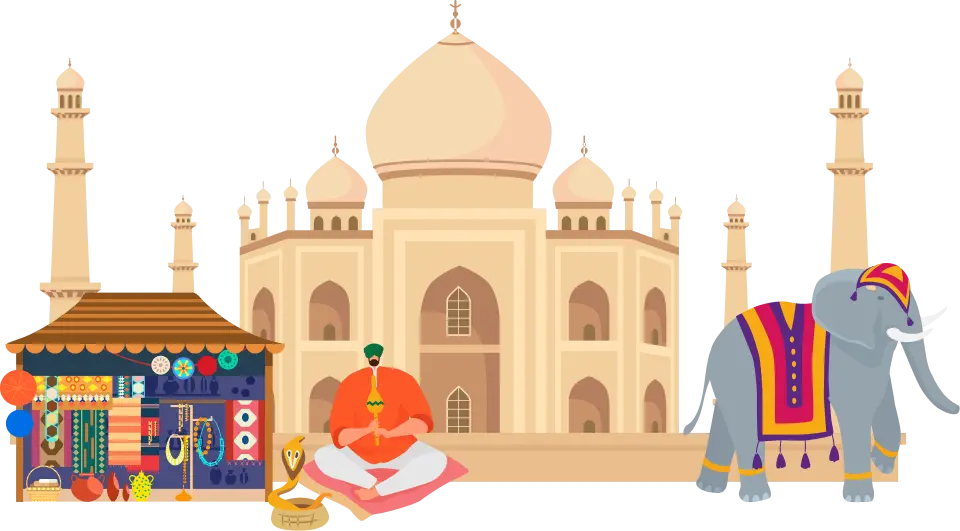
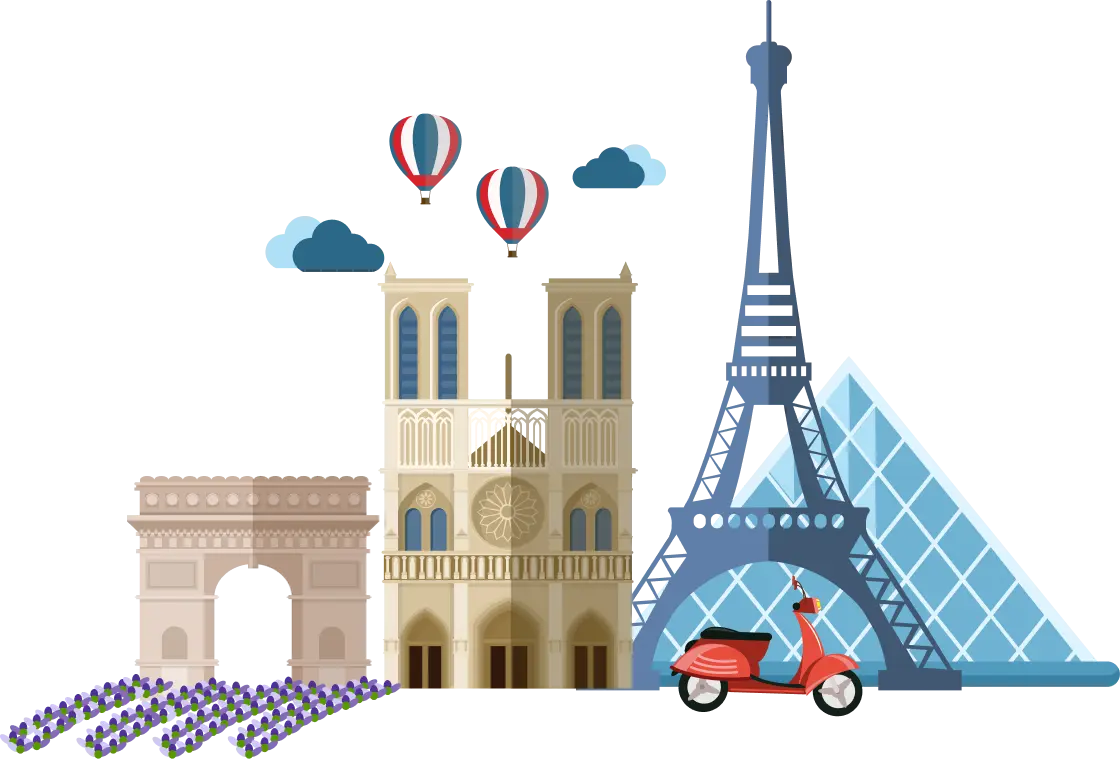
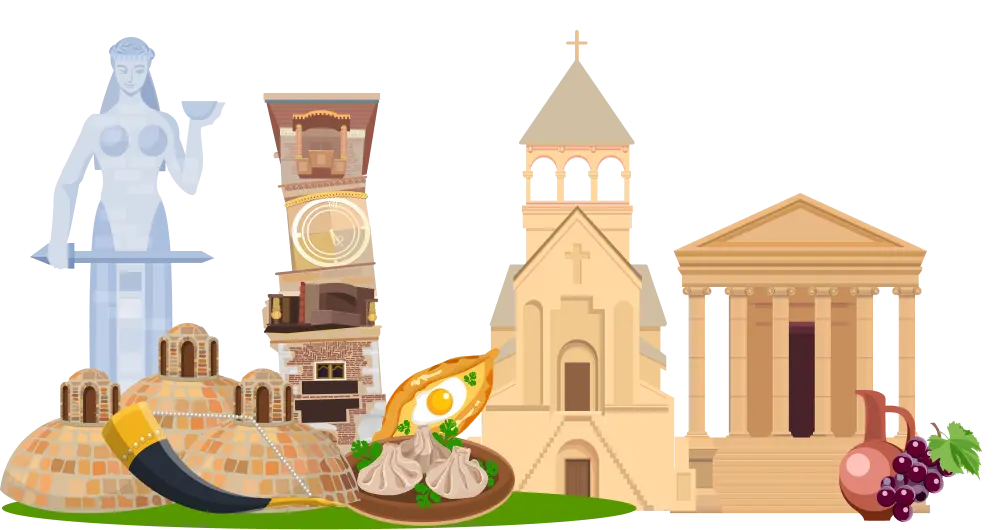
 Armenia & Georgia
Armenia & Georgia France
France India
India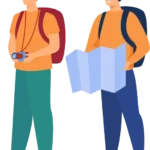 Morocco
Morocco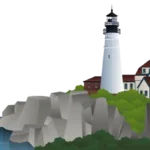 New England, USA
New England, USA